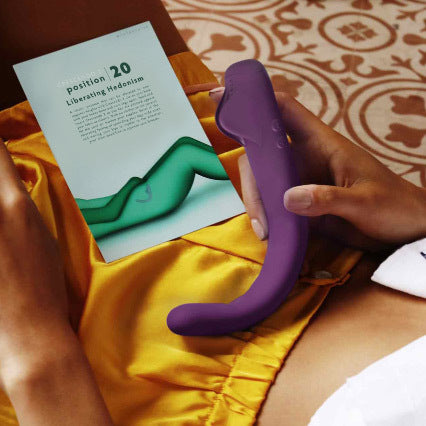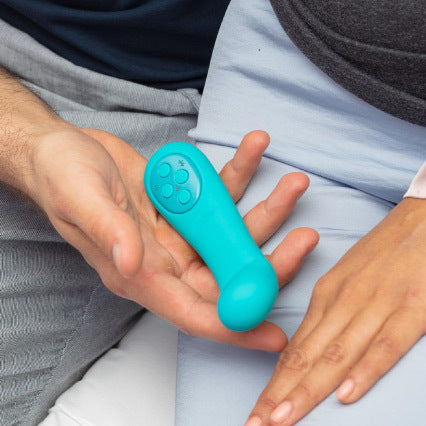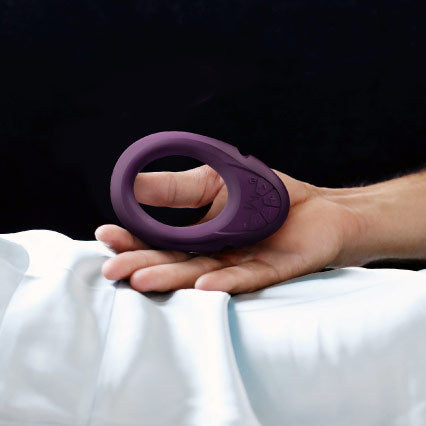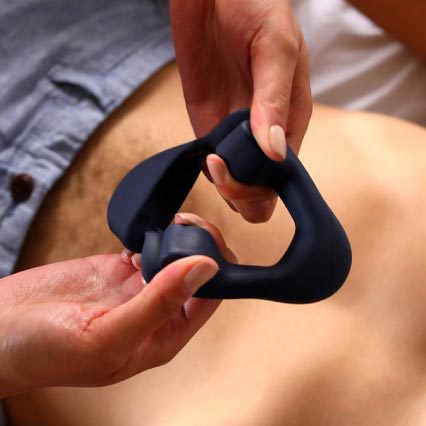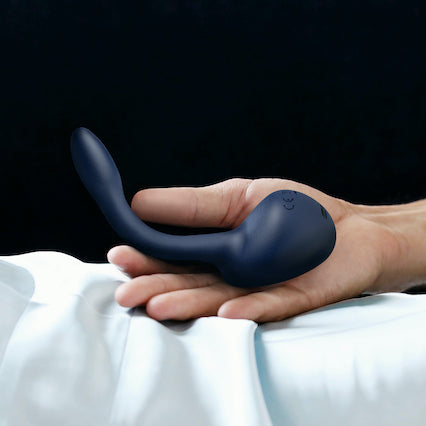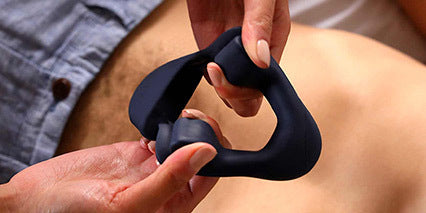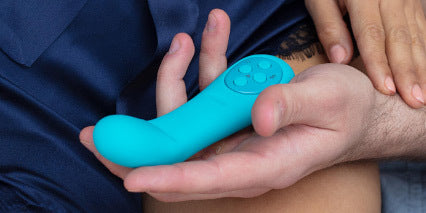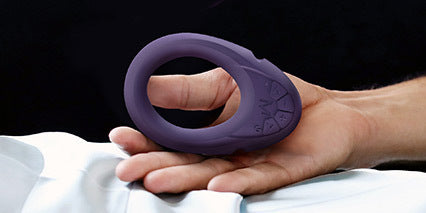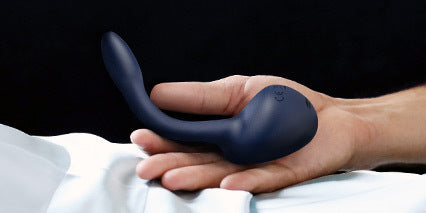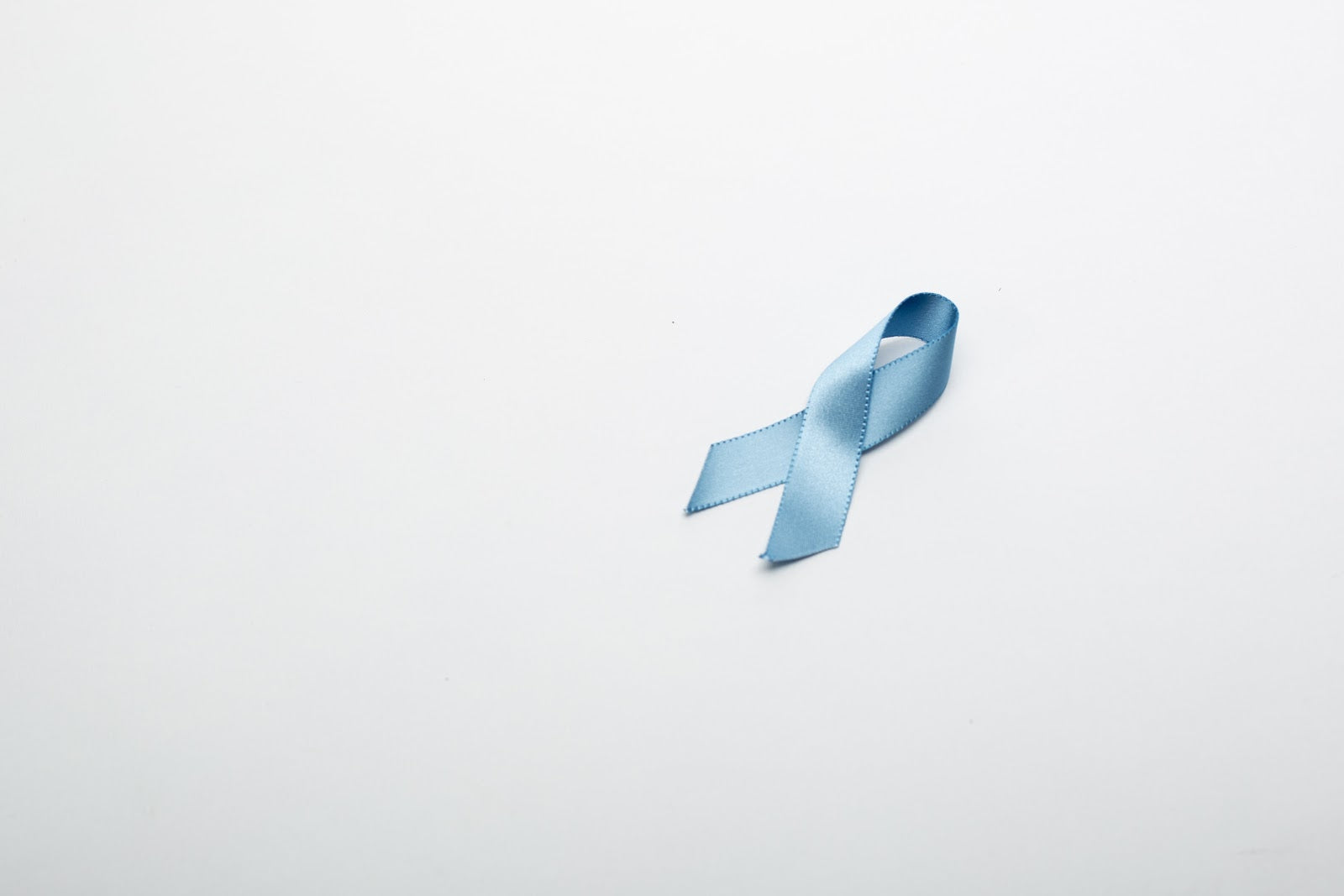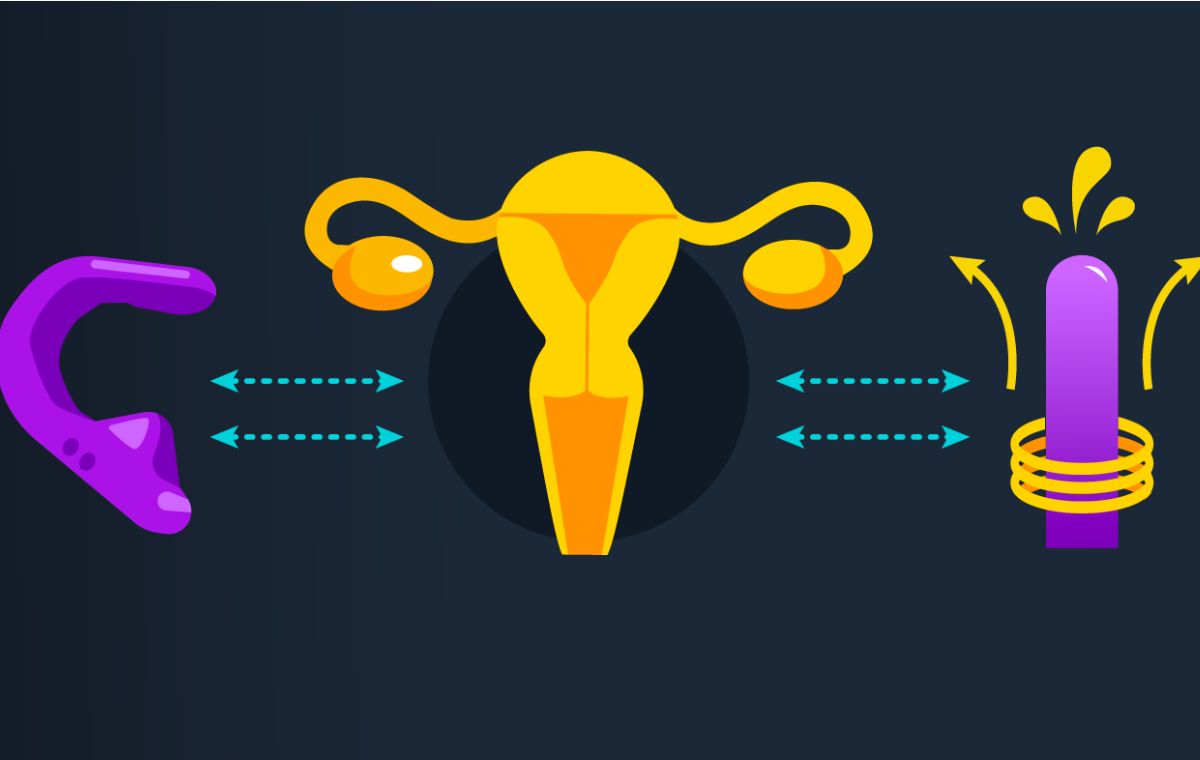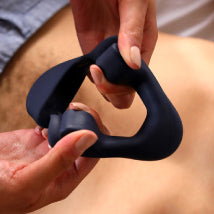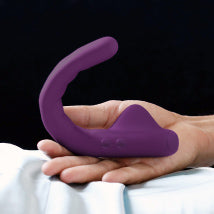Prostate cancer is the second most commonly occurring cancer in men and the fourth most commonly occurring cancer overall. Affecting over 47,500 men yearly in the UK alone, the psychological effects on sexuality both physically and mentally can be significant. From the side effects of treatment to the mental toll of a diagnosis, how can prostate cancer change intimacy and sex?
This brief overview outlines how treatment can affect sexuality and a few ways to deal with these changes in your day to day life. For additional resources around prostate cancer head to the bottom of the page.
How can prostate cancer change intimacy?
Mentally
Experiencing cancer and facing your own mortality can hugely affect you mentally. With your mind preoccupied it is easy to ignore your sexual and intimate needs. However, it is important to remember that your sexual health contributes to your overall well-being and recovery.
Dealing with body changes after treatment for prostate cancer can cause unwanted stress and anxiety specifically for men who may be dealing with erectile problems. If these feelings are severe it may be helpful to see a professional who specializes in sexual problems (sex therapist) or cancer after-care.
Performance
After major treatment it is likely your performance in the bedroom will be affected at least temporarily, whether this is because of the physical side effects or mentally. Getting intimate can bring up a range of complex emotions as you get used to your body working differently.
One major change can be the orgasm experience. With many treatments changing your semen production it is common for people with penises to experience dry orgasms; whereby the feeling is still there but there is no ejaculation. This can feel very different from the experience prior treatment with many individuals finding the feeling of orgasm more intense. Talking about these changes with people in your support network such as partners, other cancer survivors and doctors can help you navigate this physical change.
Erectile problems can be another associated side effect of prostate cancer treatment. With so many treatments for performance-related problems identifying what may work for you through conversation and research is important. Common treatments include tablets, vacuum pumps, injections, testosterone therapy and sexual aids such as vibrators. Tenuto, the wearable male vibrator can help relieve performance-related anxiety and help you maintain an erection while having sexual intercourse.
Ways to navigate these changes
Communication is key
Create an open dialogue with the people around you. This could initially be your doctor who can offer advice on how to look toward intimacy. They can help you feel more positive and in control of the next steps in your life. Highlighting treatments that can be started in the weeks and months after cancer treatments to help with intimacy.
Communicate then with your partner about new insecurities that you may have. After going through life-changing events your relationship with yourself is likely to have changed and evolved. A great way to heal is by discussing how changes affect you both physically and mentally. By rediscovering intimacy and desire with your partner you may find you feel closer to your partner than ever.
Make time
Healing can be a long process, so celebrate every small victory especially when it comes to intimacy and feeling good. Put time aside weekly to enjoy getting close again to your partner, this doesn’t have to mean sex but rather intimacy such as kissing, cuddling and holding hands. This can rebuild your sexual relationship with yourself and your partner, making you feel more connected and restore some normalcy after cancer.

Get plenty of rest
Tiredness is a common side effect of all treatments for prostate cancer, this can cause you to lose interest in sex or quite simply not have enough energy. Take time to relax and unplug so you can re-energize.
Effects of prostate cancer treatment on sexuality
Hormone therapy
With hormone therapy patients are likely to experience changes to sexual function including a decrease in libido and semen production. This treatment works through lowering your testosterone levels, something that is needed to have a healthy sex drive. These side effects last throughout and a few months after hormone therapy but generally are seen to improve with time.
Hormone therapy can also affect your body due to a decrease in muscle tissue and an increase in body fat; this can change your relationship to your body and how you perceive yourself. Just remember these changes are completely normal and take each day as it comes.
Radiation therapy
Radiotherapy can damage blood vessels and the nerves that control erections, resulting in problems with erectile function. This can improve over time or through additional treatments that can help treat erectile dysfunction.
Due to the changes in semen production many people are still able to orgasm but experience ejaculation differently with little semen production.
Surgery
A radical prostatectomy can have side effects that impact your sex life. This includes erectile dysfunction (ED), shorter penis and orgasms without producing semen. Due to the inability to produce semen having children naturally is not possible, however, it is possible to store sperm before surgery for future fertility treatments.
High-intensity focused ultrasound
Risks of side effects include problems maintaining and achieving an erection however this is a relatively new treatment whose long-term side effects haven't been studied yet.
After treatment getting back to the day to day can be difficult. As you deal with the wide range of emotions that can change daily, hourly and even minute to minute. Take control of your sexuality and take steps to start enjoying sex and intimacy again. There are plenty of options out there to help you navigate your sex life after prostate cancer from blue pills to wearable smart vibrators to therapy you can return to a healthy sex life. Do your research, talk to doctors and other survivors and seek out what might work for you.
Additional resources:

